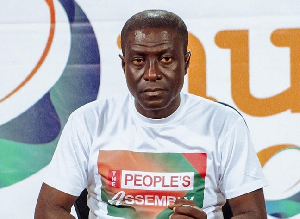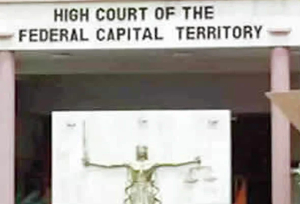N-Gas, the main supplier of gas to Ghana’s Volta River Authority (VRA) through the West African Gas Pipeline (WAGP), has given the VRA up to February 2016 to clear an outstanding debt of $171.5 million.
Last Friday, VRA paid $9.5 million out of the $181 million debt for gas supplied from August 2014 to this month.
The $171.5 million is to be paid in three tranches from now to ending of February 2016.
As of July this year, VRA owed banks to the tune of over $1.3 billion, and it will be very difficult for VRA to secure loan from any bank in Ghana to pay its debt to N-Gas.
This means the Government of Ghana, which is the 100% owner of VRA, will have to look for money to bailout VRA to ensure that N-Gas does not cut supply to Ghana.
VRA is crumbling financially because of non-payment of power supplied to some of its major customers, as well as low approved tariffs, which fall far below production cost.
It costs VRA 30 pesewas to buy fuel to generate one kilowatt hour of electricity, but consumers pay only 14.6 pesewas per kilowatt, which means VRA loses half of the money spent on buying fuel to generate power.
The result is that VRA has to depend on a number of banks in the country to sustain its operations, piling up debts for the authority.
VRA’s indebtedness to banks is primarily the result of the failure of Electricity Company of Ghana (ECG), Independent Power Producers (IPPs) and the Volta Aluminium Company (VALCO) to pay VRA for services rendered.
Even though ECG has signed a power purchase agreement with IPPs, it is reluctant to do same with VRA.
One of the reasons ECG has persistently failed to sign the power purchase agreement is a clause in the agreement which demands that ECG pays interest on outstanding debts.
ECG argues that consumers of electricity do not pay outstanding debts with interest; therefore it cannot do so to VRA.
It is also known that ECG usually pays IPPs first before considering paying VRA and Ghana Grid Company (GRIDCo).
Consumers pay ECG in cedis but ECG has to pay IPPs the dollar equivalent of power purchased using prevailing exchange rate as stated in the power purchase agreement.
This takes a large chunk of ECG’s money, for which reason ECG is unable to settle its debt to VRA and GRIDCo.
It is also known that an appreciable amount of power ECG purchases goes to government institutions, which do not pay bills.
Despite the huge indebtedness, VRA cannot cut supply to ECG because of its strategic nature.
Added to this problem is the fact that VRA supplies fuel to the IPPs in the country.
However, the IPPs fail to fully pay for the fuel, with the explanation that ECG has not paid them in full, and since ECG and VRA are state institutions, VRA should collect the fuel money from the money ECG owes them.
Despite this challenge, VRA continues to supply the IPPs fuel because failure to do so would result in huge deficits in power supply.
Another critical factor is the indebtedness of VALCO. Power supplied to VALCO is partly subsidised by government.
From the look of things, paying realistic tariffs and government bailing VRA out of its outstanding areas are critical to save the company from collapse.
Opinions of Monday, 19 October 2015
Columnist: thefinderonline.com















